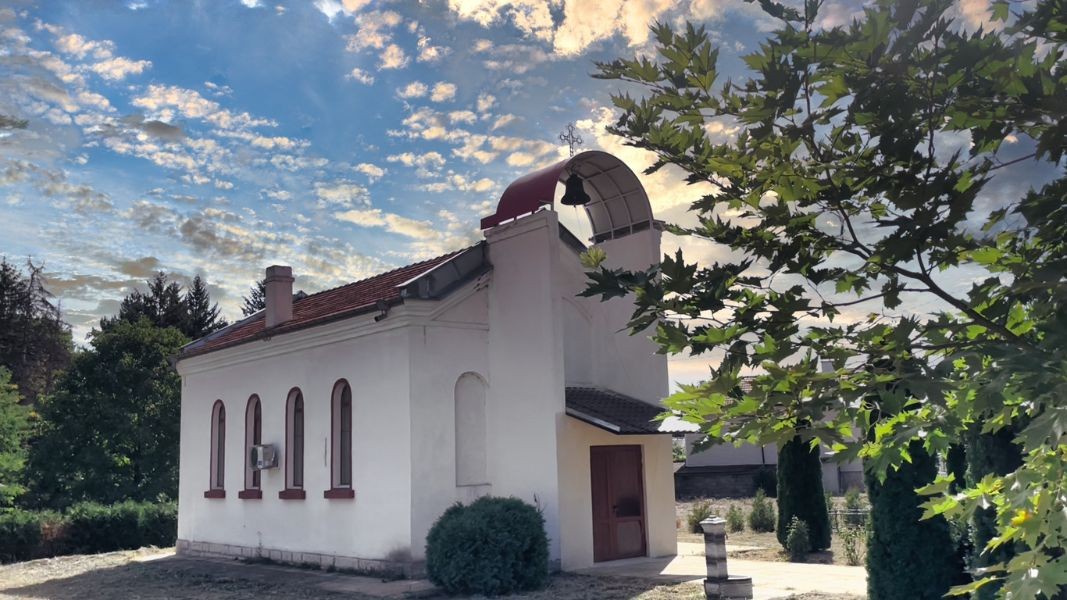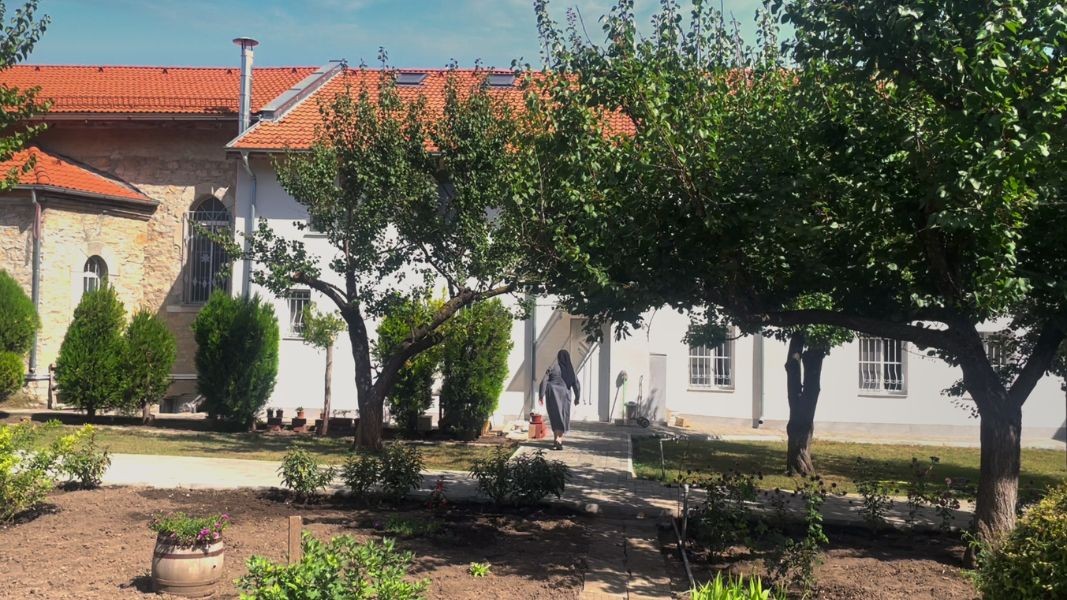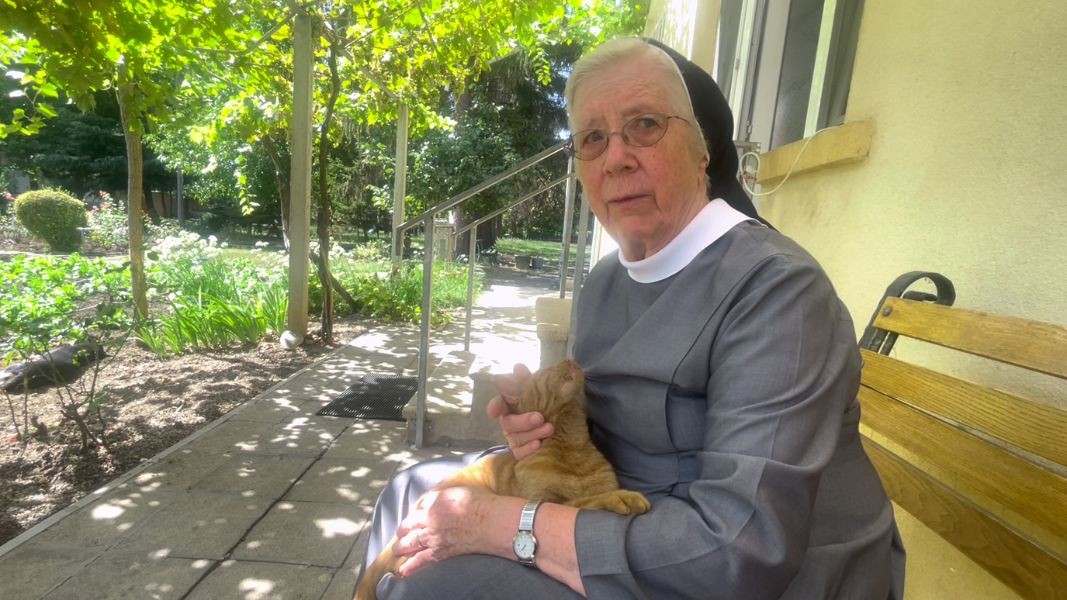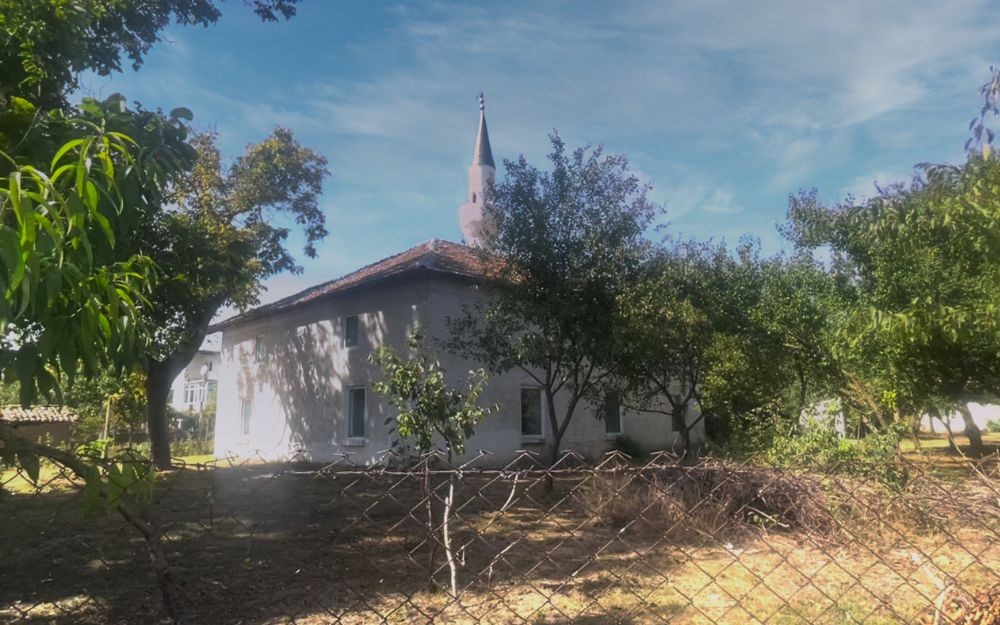Tsarev Brod has long been known as an international village, and its residents take pride in being descendants of Tatars, Germans, Turks, Banat Bulgarians, White Army members, Albanians, Czechs, etc. Three religions are practiced in this village located near the town of Shumen. That is why there are three temples in Tsarev Brod- an Orthodox church, a Catholic church and a mosque. "We are like a small society of nations", jokes Mayor Stefan Zhivkov, adding that the local people still preserve their customs and the memory of their ancestors.
Located between the old Bulgarian capitals of Pliska and Veliki Preslav, Tsarev Brod was once situated exactly on the road along which the kings used to travel. In the mid-19th century, after the Crimean War, a large group of Crimean Tatars engaged in cattle breeding settled here, said the village mayor. A little later, Germans arrived in Tsarev Brod.
''In 1900, Ferdinand Saxe-Coburg-Gotha settled around 50 German families from Austria-Hungary, more precisely from Banat, as well as Banat Bulgarians. They were given land. They brought with them modern farm machinery and started to develop modern agriculture. There were also 2 Albanian families producing boza (fermented cereal beverage). After the October Revolution, White Guard members arrived here, driven out by the regime in the USSR", Mayor Stefan Zhivkov said for Radio Bulgaria.


''In 1914, the first four sisters came from Germany because there was a German Catholic colony, and the priest requested that nuns from Germany be sent here to establish a school and take care of spiritual life. But when World War II started, most Germans returned to Germany".
In 2024, the monastery celebrates its 110th anniversary. Everyone who comes to Tsarev Brod stops by to get the unique marigold ointment based on an ancient recipe. Sister Nadya has more:

''There was a nun named Burkharda who was the village doctor. She used to treat people with herbs because there weren't many other things available at that time. She used to make various potions. We have preserved the recipe for the cream containing marigold and lard. We cultivate marigold here in the garden. The cream is nourishing and is used for various skin problems, including burns after radiotherapy", Sister Nadya explains.
Today, Tsarev Brod is a thriving village with around 1,300 permanent residents. There is almost no unemployment here. Recently, property prices have risen significantly because young families with children have started to settle down due to the opportunity for telecommuting, tranquility, clean air, and the healthy lifestyle."

''There isn’t and there has never been any religious and ethnic tension. We don't have separate shops and we all celebrate Easter and Christmas together", concludes Mayor Stefan Zhivkov.
Published and translated by Kostadin AtanasovToday we mark the 105th anniversary of the birth of academician Valeri Petrov - poet, novelist, screenwriter, playwright and translator. Born in Sofia on 22 April 1920 under the name of Valeri Nissim Mevorakh, he graduated in medicine from Sofia..
President Rumen Radev's "Support a Dream" charity initiative has attracted the support of musicians, stylists, designers and donors, the head of state's press secretariat said. A prom hosted by the president each spring brings together high school..
The Speaker of the National Assembly Natalia Kiselova will today award the winners of the 32nd Children's Easter Festival in the Serbian town of Bosilegrad. The children will compete in three categories – for the strongest, most beautiful and most..
Digital nomadism, a lifestyle where people choose remote work so they can travel and live in different environments, is becoming a phenomenon on the way..

+359 2 9336 661
